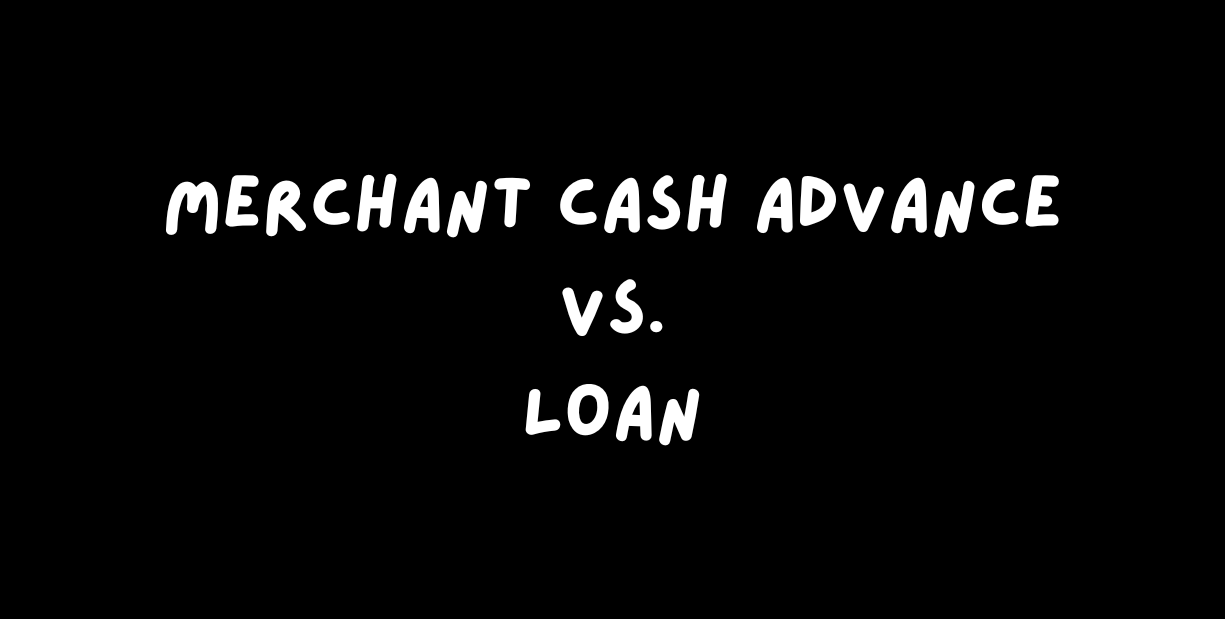Merchant Cash Advance: What Is It & How Does It Work?
Merchant Cash Advance

If your business needs fast funding, you may have come across merchant cash advances (MCAs). But what exactly is a merchant cash advance, what is it, and is it a smart financial choice?
MCAs provide quick cash based on future sales, making them attractive for businesses needing immediate working capital. However, high fees and aggressive repayment structures can put businesses in financial distress. At
J. Singer Law Group , we not only help businesses understand MCAs but also provide merchant cash advance defense for those trapped in unfair agreements.
This guide will explain how MCAs work, their pros and cons, and what to do if you’re struggling with repayment.
Merchant Cash Advance: What Is It?
A
merchant cash advance (MCA) is a lump sum of cash provided to a business in exchange for a percentage of future sales. Unlike traditional loans, MCAs are not repaid through fixed monthly installments but instead through daily or weekly deductions from revenue.
- Fast approval (24–48 hours)
- Repayment fluctuates with sales
- No collateral required
However, MCAs come with high fees and aggressive repayment terms, making them one of the most expensive forms of financing.
How Does a Merchant Cash Advance Work?
Step 1: Get a Lump Sum Advance
The MCA provider offers a cash advance based on projected future sales.
Step 2: Repay Through Revenue Deductions
Repayment is made in one of two ways:
- A percentage of daily credit card sales
- Fixed daily/weekly withdrawals from a bank account
Step 3: Pay the Full Factor Rate
Instead of interest rates, MCAs use factor rates (1.2–1.5), meaning businesses repay 20–50% more than the original amount borrowed.
Example:
If you borrow $50,000 at a 1.4 factor rate, you’ll repay $70,000.
Warning: Some MCA contracts include Confession of Judgment (COJ) clauses, allowing lenders to seize assets without a court hearing if you default.
Pros and Cons of Merchant Cash Advances
Advantages of MCAs
- Fast Funding – Funds available in 24–48 hours
- No Fixed Monthly Payments – Payments adjust based on sales
- Low Credit Requirements – Approval is based on business revenue, not credit score
Disadvantages of MCAs
- High Factor Rates – Equivalent APRs can reach 100%–350%
- Daily/Weekly Withdrawals Strain Cash Flow – Fixed repayments can cripple business operations
- No Credit Score Benefits – Payments aren’t reported to credit bureaus
MCAs should only be used as a last resort—they can trap businesses in debt cycles.
Merchant Cash Advance vs. Business Loan
This ensures a clean, structured, and fully outlined table. Let me know if you need any modifications!
Verdict : Business loans offer lower costs and better long-term stability, while MCAs provide quick but risky funding.
Legal Risks & Merchant Cash Advance Defense
Many business owners sign MCA agreements without fully understanding the terms. Some MCA lenders use predatory lending tactics, including:
- Hidden fees and misleading repayment terms
- Confessions of Judgment (COJ), allowing immediate asset seizure
- Stacking multiple MCAs, leading to financial ruin
If you’re struggling with MCA repayment or facing aggressive collection actions, you may have legal options.
J. Singer Law Group provides merchant cash advance defense, helping businesses:
- Negotiate settlements or reduce payments
- Challenge unfair lending practices
- Defend against lawsuits from MCA lenders
Contact us
today if you need legal help fighting an MCA contract!
Alternatives to Merchant Cash Advances
Instead of an MCA, consider these lower-cost alternatives:
✔ SBA Loans – Low-interest government-backed loans
✔ Business Lines of Credit – Revolving credit with flexible payments
✔ Invoice Factoring – Sell unpaid invoices for immediate cash
✔ Peer-to-Peer Lending – Business loans from individual investors
Tip: If an MCA seems like the only option, consult with a financial expert to explore better financing solutions first.
How to Apply for a Merchant Cash Advance
If you must take an MCA, follow these steps:
Step 1: Choose a Reputable Lender
- Avoid lenders with hidden fees and COJ clauses
- Compare factor rates and repayment terms
Step 2: Provide Business Financials
- Bank statements (3–6 months)
- Credit card processing reports
- Business revenue history
Step 3: Review the Contract Carefully
- Look for Confessions of Judgment (55357;57001; Red flag!)
- Ensure there are no hidden fees
Warning: Many MCA lenders take advantage of struggling businesses—seek legal advice before signing!
Can You Get Out of an MCA Loan?
Yes! If you’re trapped in an MCA debt cycle, there are legal strategies to reduce or eliminate your debt:
- MCA Settlement Negotiation – Reduce total repayment amount
- Contract Review & Defense – Challenge predatory terms in court
- Debt Restructuring Options – Modify terms for better affordability
At J. Singer Law Group, we specialize in defending businesses from unfair MCA contracts. If you’re struggling with an MCA loan, contact us immediately to explore your options.
A merchant cash advance can provide fast funding, but it comes with high costs and serious risks. While MCAs offer flexible repayment based on sales, they can also trap businesses in costly debt cycles.
Before signing an MCA contract, explore better alternatives like SBA loans, business credit lines, or invoice factoring. And if you’re struggling with an MCA loan, J. Singer Law Group can provide legal defense against unfair agreements.
Need help with an MCA issue?
Contact us today for a free consultation!











